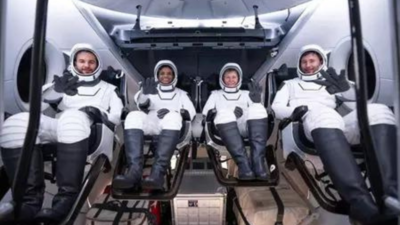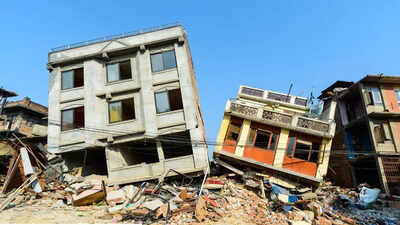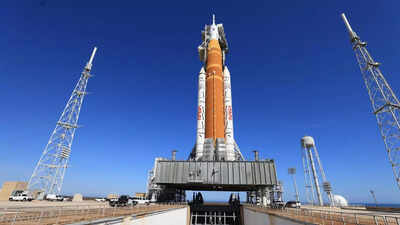Shubhanshu Shukla, AX-4 crew complete two weeks in orbit, science going strong

As the Axiom-4 (Ax-4) mission marks two weeks aboard the International Space Station (ISS), the four-member crew — Commander Peggy Whitson, Pilot Shubhanshu “Shux” Shukla, and mission specialists Slawosz “Suave” Uznanski and Tibor Kapu — remain focused on scientific work, technology demonstrations and health monitoring studies.All four crew members have been in good health throughout their mission so far. After docking with the ISS on June 26, the crew spent the first evening unpacking and the next day familiarising themselves with station systems. Since then, their work has covered areas ranging from plant biology and cognitive science to space health and materials research.Shux, the Indian Air Force test pilot turned astronaut, has been closely involved in space biology experiments. In the last couple of days, he documented seed development in petri dishes and stored them in the Minus Eighty-Degree Laboratory Freezer. These seeds, once returned to Earth, will be grown over several generations to assess the influence of microgravity on their genetics, microbial environments and nutritional value.In another experiment, Shux worked on deploying and stowing microalgae — being studied for their potential to produce oxygen, food, and biofuels during long-duration missions. Their ability to adapt to the space environment makes them a key candidate for future life-support systems.He also photographed specimens for a parallel crop seeds study. Six seed types will undergo post-mission cultivation to isolate desirable genetic traits that could help build resilient, sustainable farming systems in space.On the health front, Shux and others supported the “AstroMentalHealth” study, which investigates behavioural health and stress during missions. They also performed a neuromuscular electrical stimulation (NMES) session — an exercise method using electrical impulses to prevent muscle loss in weightlessness.The crew’s work extended into neurology and human physiology. Through the “Voyager Displays” study, they helped assess how spaceflight alters eye movement, gaze control and hand – eye coordination — factors critical to designing intuitive spacecraft interfaces for future astronauts. They also took part in the “Acquired Equivalence Test”, designed to understand how spaceflight impacts learning and pattern recognition in an altered spatial environment.Finally, Axiom said, radiation safety remained a priority. “All four astronauts wore the “Rad Nano Dosimeter”, collecting real-time exposure data to evaluate shielding efficacy and long-term health risks of space travel,” the firm said.The Ax-4 mission is expected to wrap up soon now that the planned tenure is complete. However, there has been no formal date announced for the crew to depart from ISS and splashdown.






